Several things have happened since the launch of the project last June. Among others, our first public deliverable (D1.1 “Comprehensive definition of the Cities-4-People conceptual framework”) was submitted in August and can be found on this site, together with other useful resources. If you want to give a content to buzzwords you are likely to hear more and more – (Digital) Social Innovation, co-creation, bottom-up approaches, sustainable urban planning, to mention just a few – browse through the document and stop to read what appeals to you.
What more? A survey was run (in the local language) in each of the five pilot areas to initiate a conversation between local authorities and citizens. This activity showed the great relevance the topic has for different stakeholders. Indeed, a large variety of people wanted to have a say and even required our Hamburg partners to create a more accessible version of the questionnaire to enable the visually impaired to also take part in it. All in all, the amount of responses wildly exceeded the expectations: we gathered more than 2500 respondents!
The results of the survey, together with observations from the semi-structured interviews carried out with public authorities, mobility experts and citizen groups, contribute to the definition of the urban socio-economic and mobility contexts in the 5 targeted areas. The creation of such urban profiles is a build-up towards the co-definition of specific mobility challenges and intervention places per city.
Moreover, some of the partners, such as the Municipality of Budapest and the local transport association BKK, have progressed in laying the foundation for civic engagement by involving authorities and citizens in the project through ad-hoc warm-up events. More of such events will follow also in the other pilot areas. These events will lead to the self-organisation of Citizen Mobility Communities and the subsequent setup of Citizen Mobility Labs foreseen for March 2018. All the activities concerning the establishment of Mobility Communities and the design of related tools will be supported by an internal methodology workshop led by Waag Society in Amsterdam in January 2018. Check our Events section to see if there is anything happening close to where you live and join us!
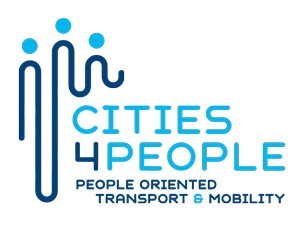
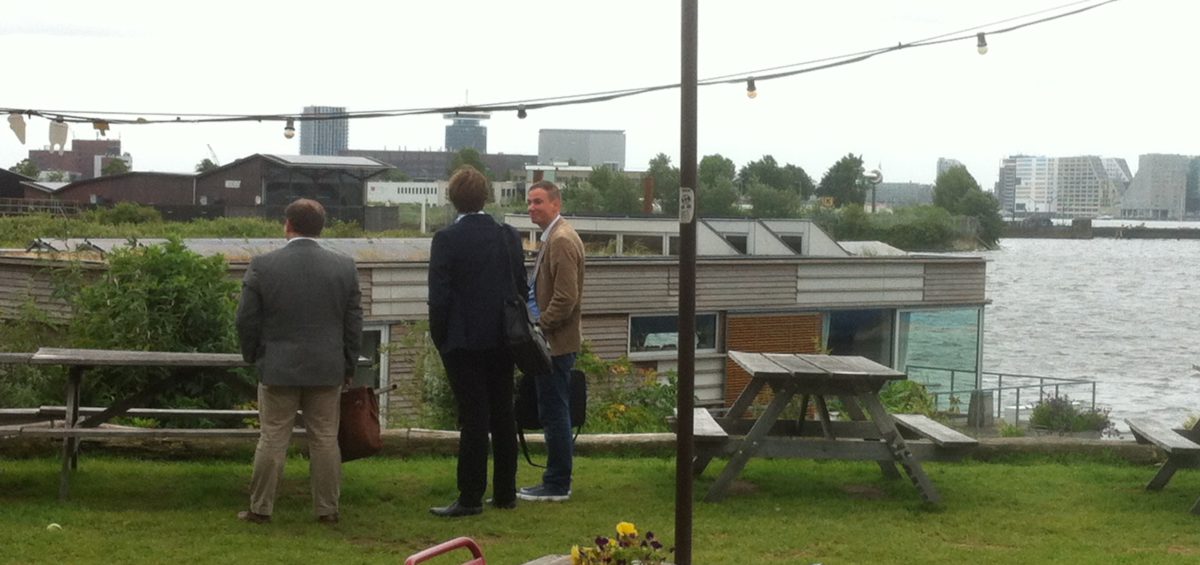
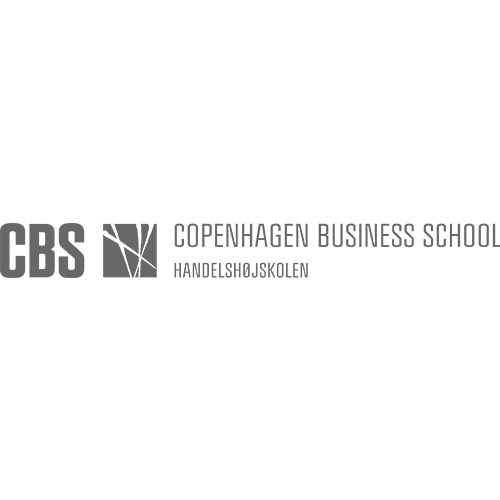

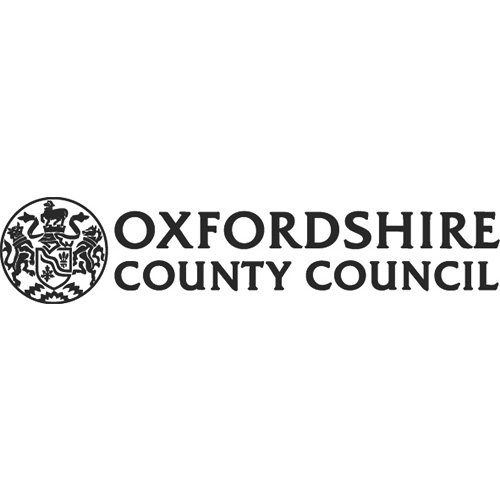

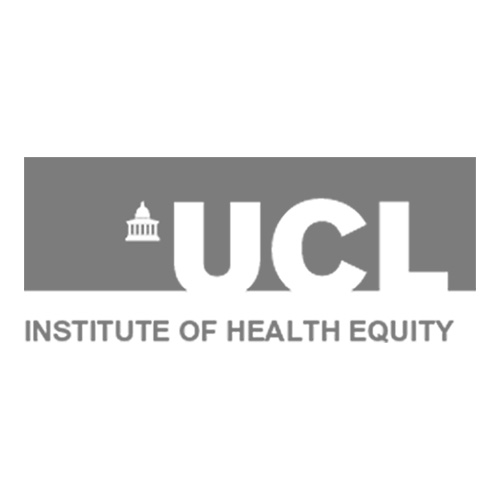

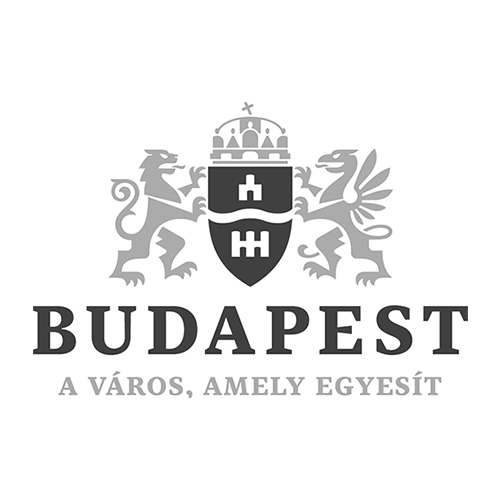
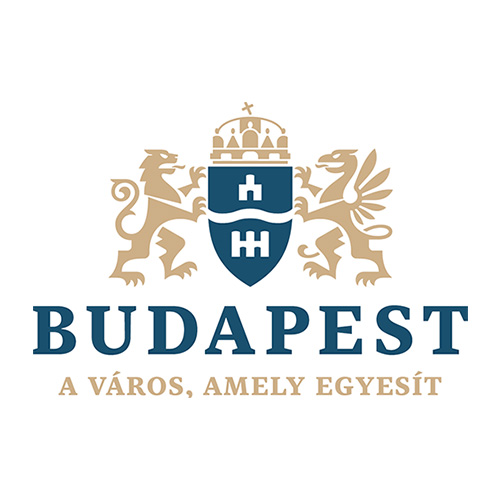
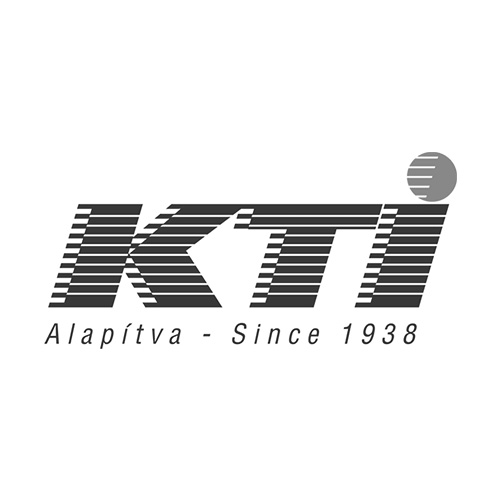
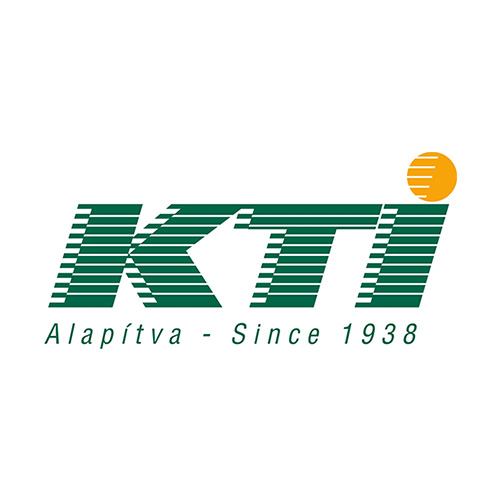
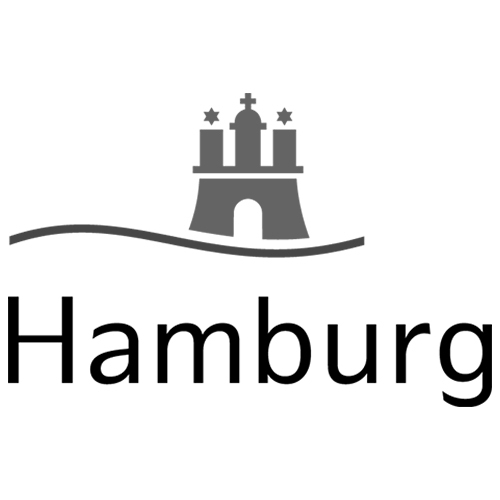
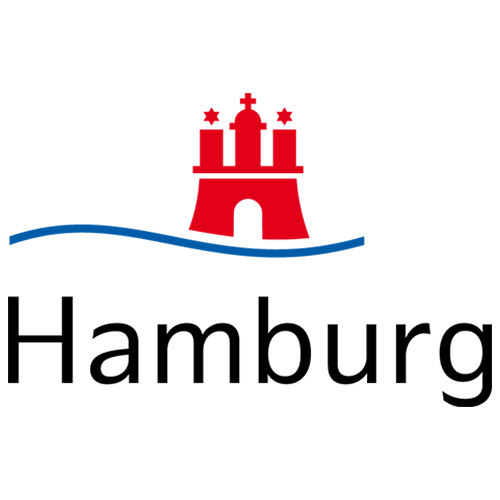
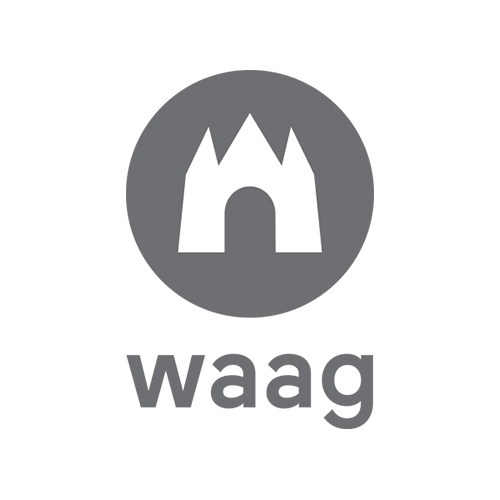
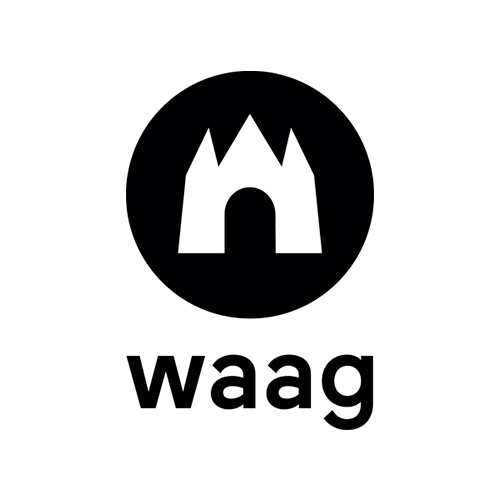
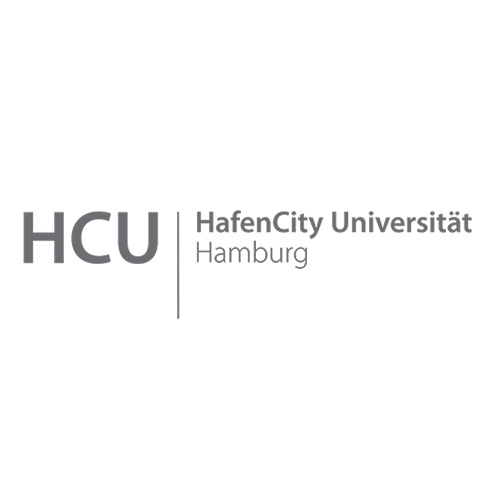
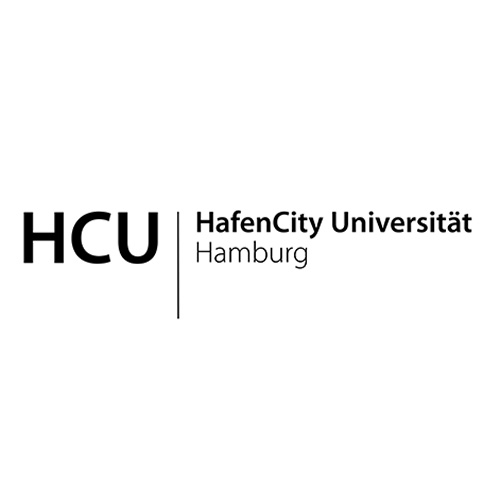
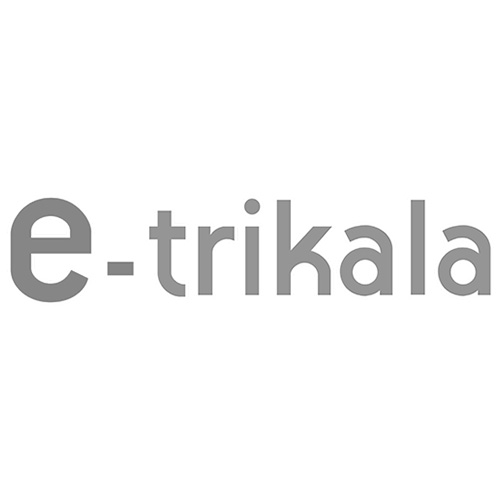
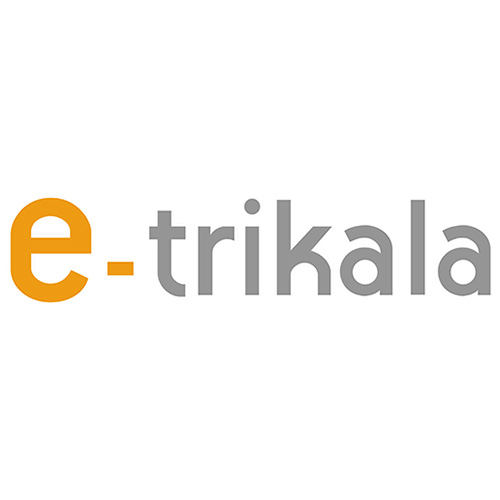


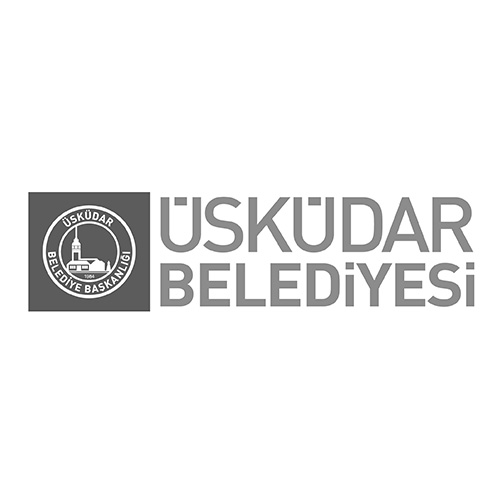

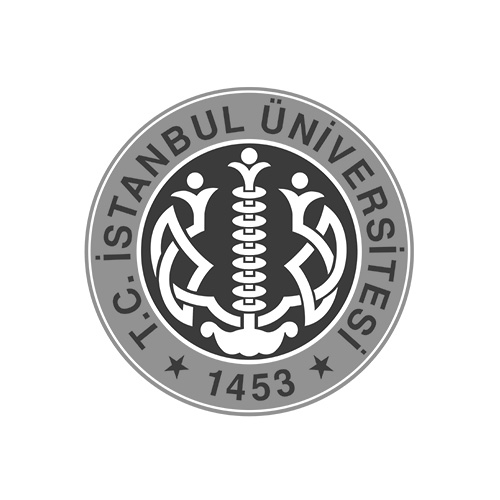
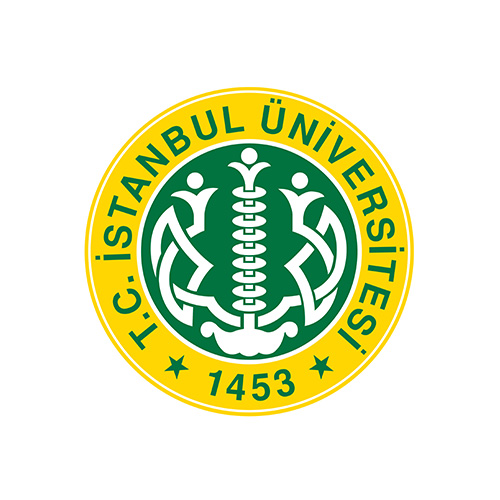
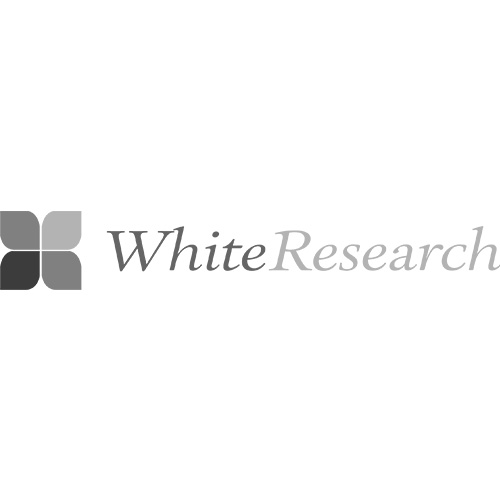
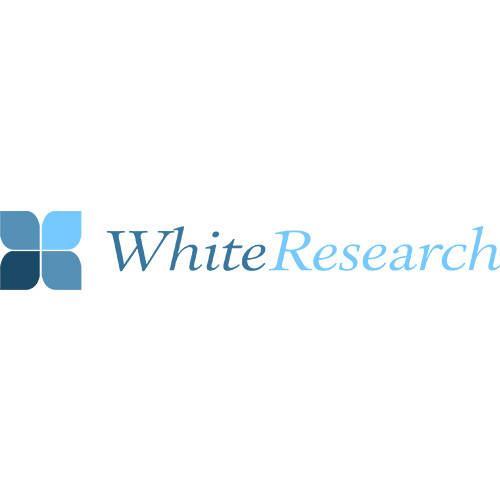
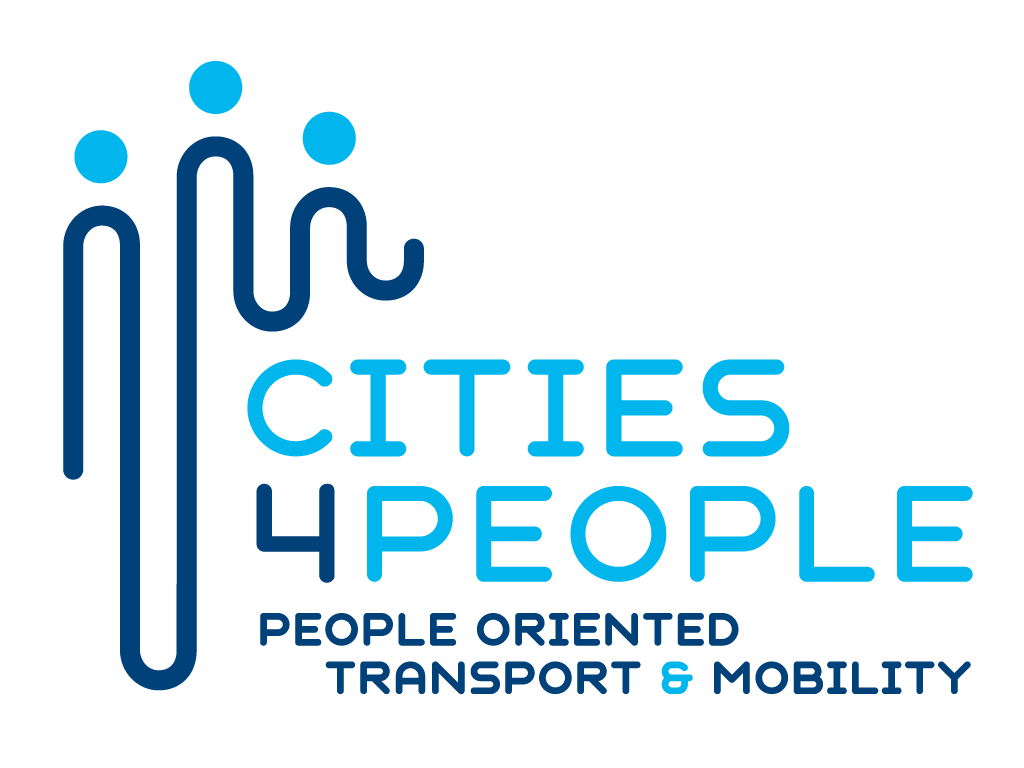
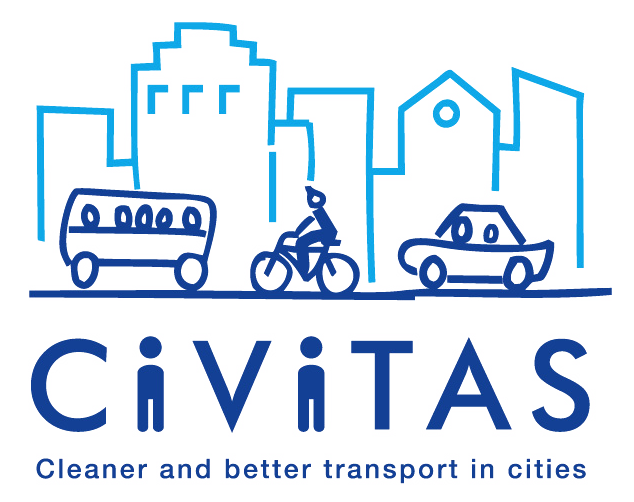


 English
English Magyar
Magyar Ελληνικά
Ελληνικά Deutsch
Deutsch